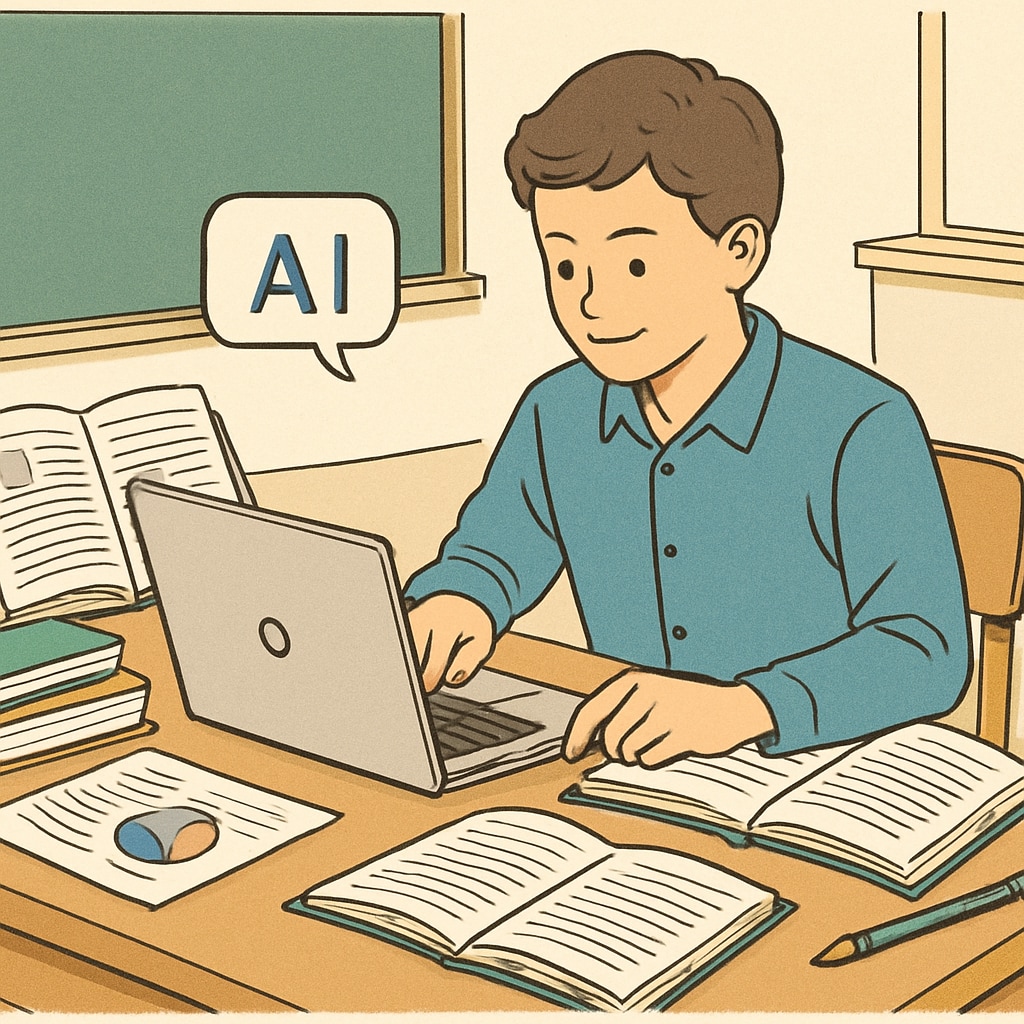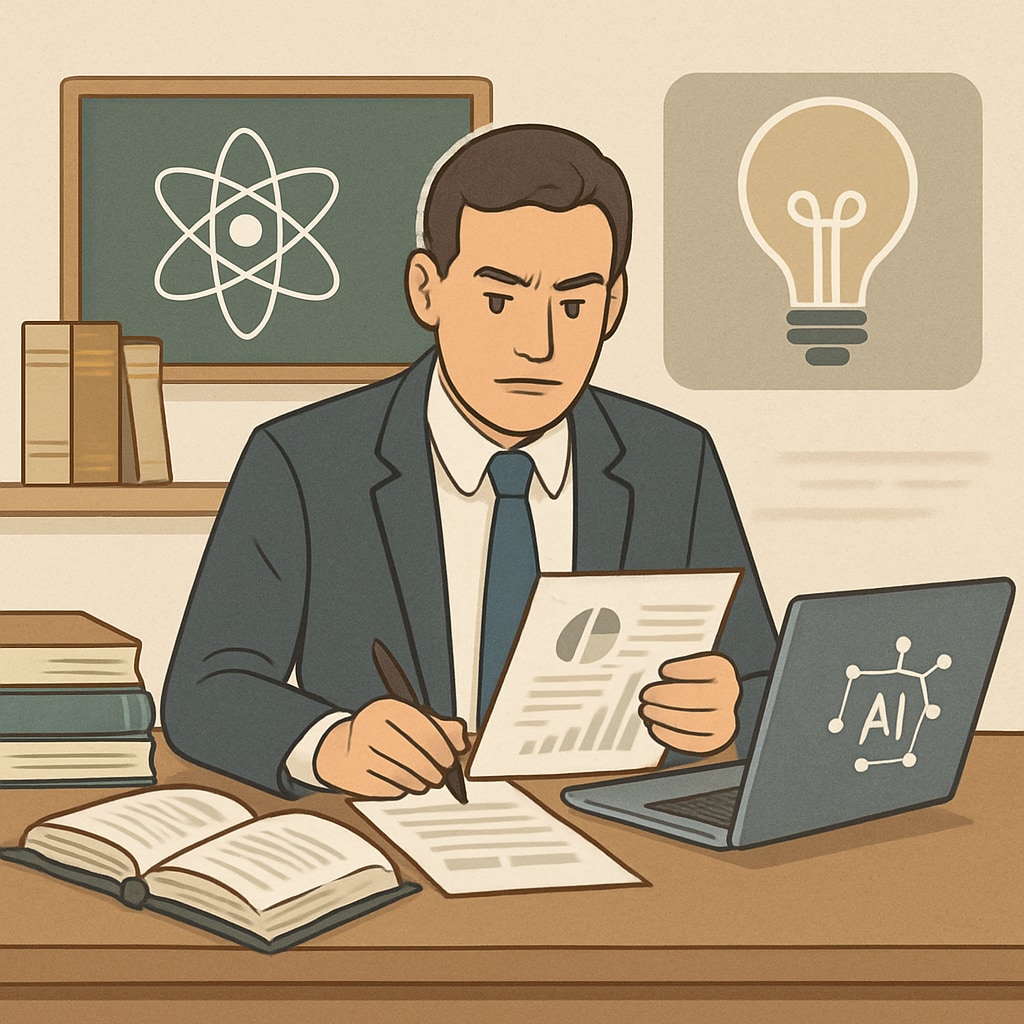With the advent of artificial intelligence, competitive exams, and talent selection processes are facing unprecedented challenges. Traditional evaluation systems, particularly in K12 education, are struggling to maintain relevance in an age where AI tools can outperform humans in memorization and computation. This article delves into the pressing need for reforming competitive examination models to ensure fairness, foster creativity, and adapt to the dynamic demands of the AI era.
Challenges of Traditional Competitive Exams in the AI Era
The traditional competitive exam system relies heavily on rote learning, memory-based assessments, and standardized tests. However, the rise of AI tools like ChatGPT, automated problem solvers, and algorithmic planners has made such skills less valuable. For instance, students can now use AI to solve complex equations or write essays, raising questions about the authenticity of individual performance.
Moreover, traditional exams often fail to measure critical thinking, creativity, and emotional intelligence—qualities that are increasingly vital in a technology-driven world. As a result, the current system risks producing graduates who excel in theory but lack adaptability and problem-solving skills.

Reimagining Examination Models for Talent Selection
To stay relevant, competitive exams must prioritize skills that AI cannot easily replicate. This includes creativity, ethical reasoning, and interpersonal communication. Instead of emphasizing standardized testing, future exams could incorporate:
- Project-based assessments: Evaluating students on real-world problem-solving tasks.
- Open-book formats: Encouraging understanding over memorization.
- Collaborative evaluations: Measuring teamwork and leadership abilities.
- AI-integrated monitoring: Ensuring fairness while leveraging technology for proctoring.
Such reforms would not only identify genuine talent but also align education with the skills required in the 21st century workforce.
The Role of Policymakers in Exam Reform
Policymakers play a crucial role in driving educational reform. Governments and educational boards must collaborate with technology experts to design evaluation systems that are resistant to AI misuse while promoting equity. For example, incorporating ethical AI tools for plagiarism detection and personalized learning insights can enhance both integrity and inclusivity in exams.

Additionally, global organizations like UNESCO and OECD can provide frameworks for countries to adopt best practices in AI-integrated education reforms. By sharing resources and expertise, nations can collectively address the challenges posed by AI in competitive exams.
Conclusion: A Call to Action
In conclusion, the rise of artificial intelligence demands an urgent rethinking of competitive examination systems. By shifting the focus from rote learning to creativity and adaptability, we can create a fairer and more effective evaluation model that truly identifies genuine talent. Policymakers, educators, and technologists must work together to ensure that the education system evolves in harmony with technological advancements.
The AI era presents both challenges and opportunities for education. With thoughtful reforms, we can harness the power of technology to build an equitable and future-ready examination system.
Readability guidance: The article uses short paragraphs and clear subheadings to improve readability. Lists are included to summarize key points, and transitions ensure a smooth flow of ideas. Active voice is prioritized, and technical terms are explained for accessibility.


